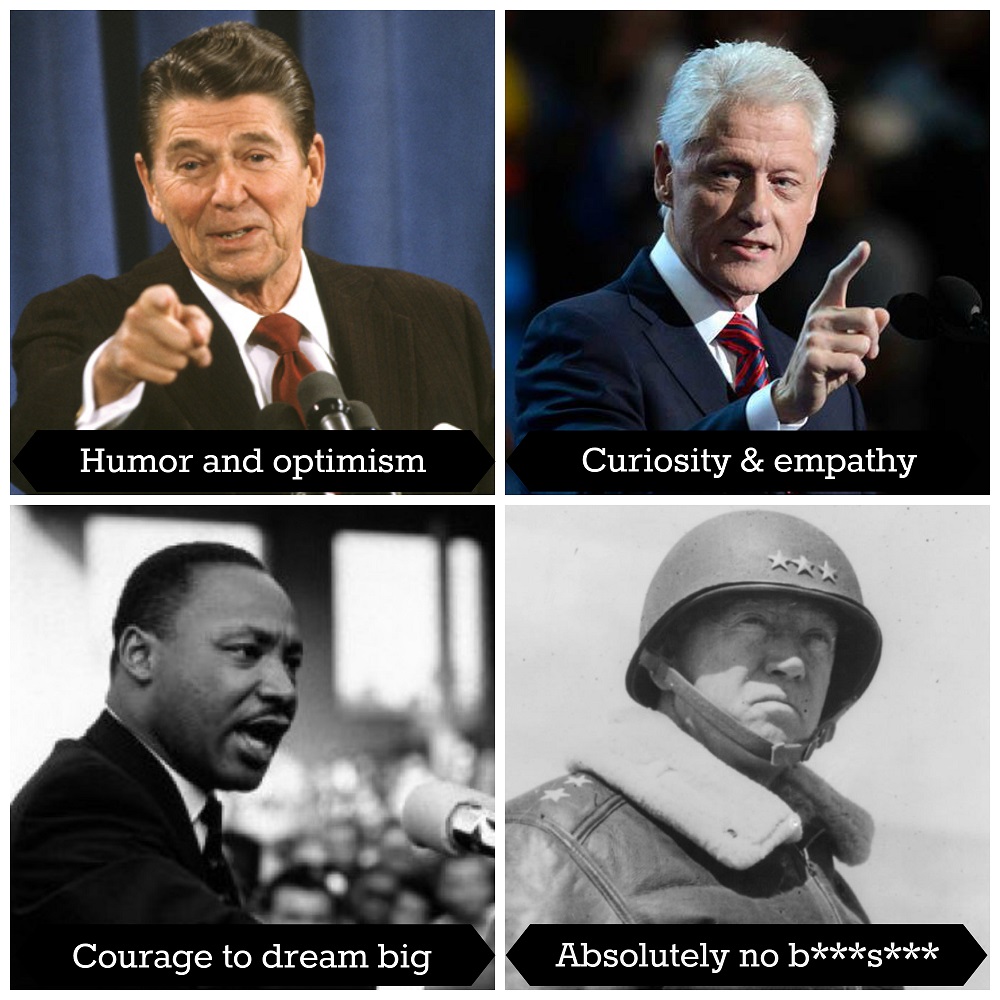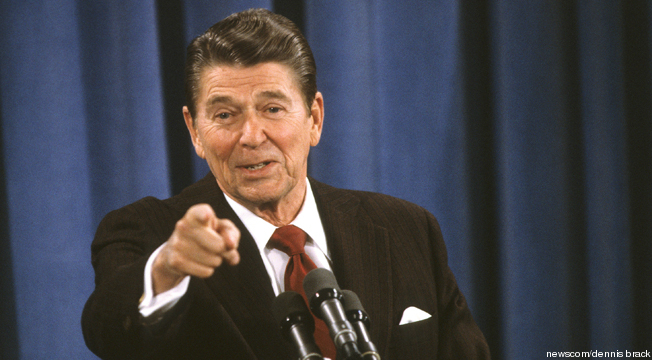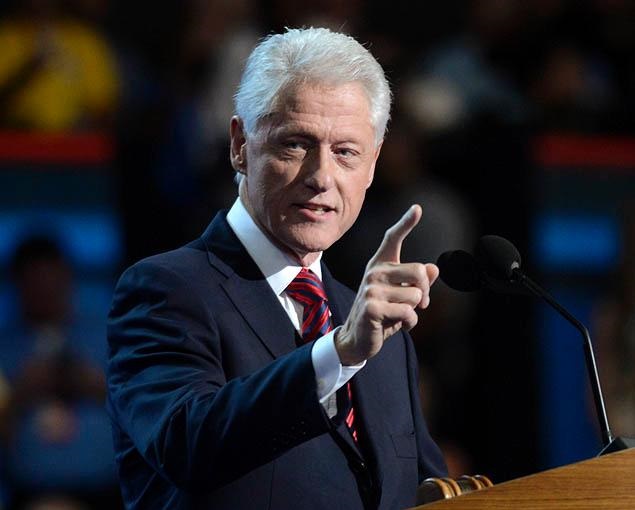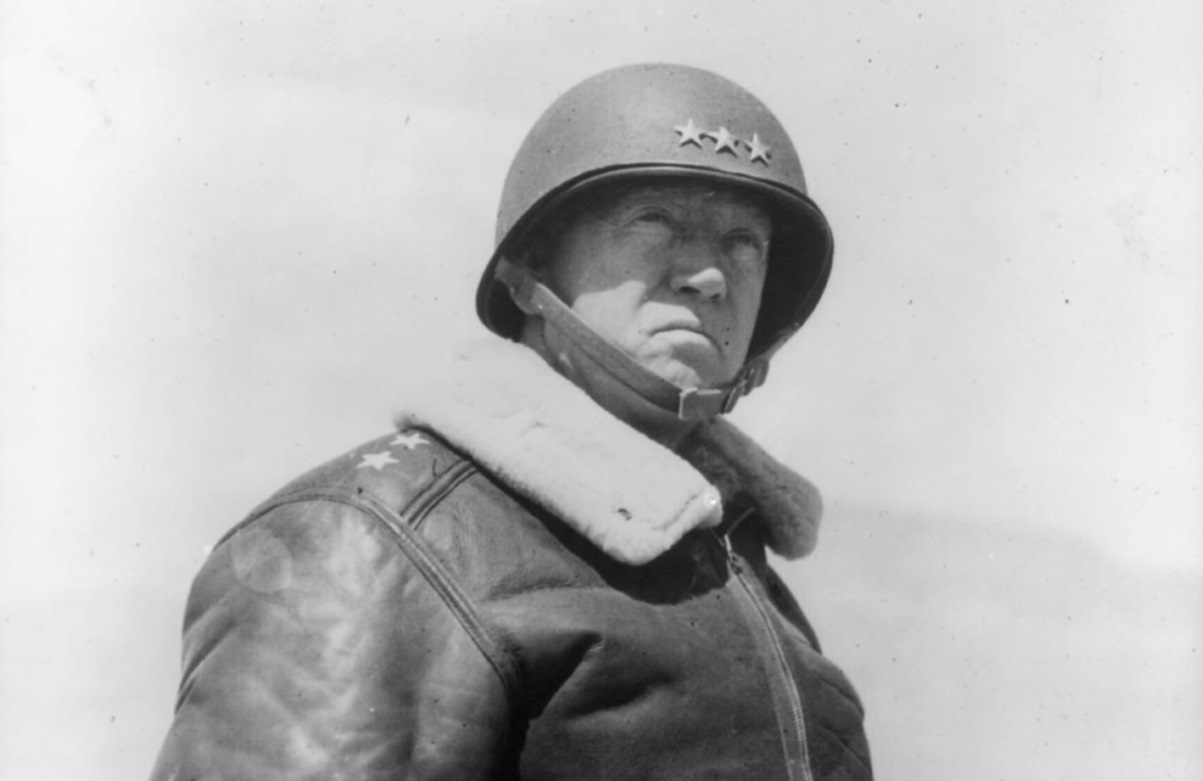By Becky Tumidolsky
B2B marketers’ aspirations have never been grander.
These companies aren’t interested in competitive sprints and fleeting gains. They want to be considered leaders—thought leaders, innovators, cultural icons. They’re broadcasting their content through every possible platform in an effort to project power and influence and build and sustain a community of followers.
But success at this game is tough. The gaggle of players on the field keeps getting bigger. And louder.
How can aspiring industry leaders establish a commanding presence in this day and age?
I believe they would do well to step out of their industry bubbles and study how some of history’s most revered leaders communicated, connected, and converted.
Leadership is a hot topic among business marketers and managers, and there’s no shortage of expert advice. While leadership development isn’t my specialty, I do know leadership when I see it. So do your prospects, your competitors, and the communities you serve.
Leaders Lead by Mastering Language
In every era, in every realm of life, great leaders have emerged by skillfully exploiting their knowledge and talents to attract adherents, disarm critics, and leave an indelible mark.
By “skillfully exploiting,” I’m referring to their masterful use of language. Articulate, but relatable. Forceful, but emotive. Their signature brand of communication won people over in droves and compelled them to act as a unified force.
Here Are a Few of History’s Best
Since I can devote only so much space and time to this blog post, here are four historic figures who spoke like true leaders and thus became great ones.
Ronald Reagan: Humor and optimism
I grew up a child of the ‘80s, so Reagan was the first president I can recall. He swooped into office like Superman (49 states won) following the economic malaise of the late ‘70s, due in large part to his sunny demeanor and infectious optimism. Reagan became famous for his funny quips and one-liners, which endeared him to the public, fellow politicians (D and R), and world leaders alike.
Bill Clinton: Curiosity and empathy
Bill Clinton came to power in 1992 at a time of relative prosperity and peace. Clinton was known as a policy wonk who thought in big-picture terms and never stopped searching for answers. He also knew how to discuss policy issues in ways that resonated with average voters, and he had an uncanny knack for channeling their feelings and concerns.
Martin Luther King Jr.: Courage to dream big
The civil rights movement of the ‘50s and ‘60s could not have welcomed a more dedicated and effective leader than Martin Luther King Jr. As a Baptist minister, Dr. King placed his complete faith in God and in the “arc of the moral universe,” which he believed “bends toward justice.” So he pushed ahead without fear and reached for the sky, emboldening his followers to do the same.
General George S. Patton: Absolutely no b***s***
A U.S. Army general who led his troops to a number of key victories in Europe during World War II, General Patton was nicknamed “Old Blood and Guts” for his penchant for taking the fight to the enemy. Patton was also known for being frank and outspoken, delivering hard truths that needed to be told—earning him the respect of soldiers under his command and a coveted place in the history books.
A Question for Readers
Are there businesspeople and companies that inspire you? What makes them leaders? How do they convey their leadership? What are you doing to convey yours? Please weigh in by leaving a comment below!

Since 2001, Becky Tumidolsky has written awareness-building content for B2B brands and their discerning audiences. Her work has appeared in leading publications such as Forbes, U.S.News & World Report, Bloomberg Markets, Newsweek, and Inc. as well as corporate blogs, websites, white papers, and other content assets.
Becky loves writing fluid, error-free prose. She’s even more passionate about building the foundation for her work—uncovering core brand distinctions, framing them thematically, and developing fresh, compelling narratives that advance corporate strategies.
Follow and connect: Twitter| Google+| LinkedIn| Facebook










Leave a Reply